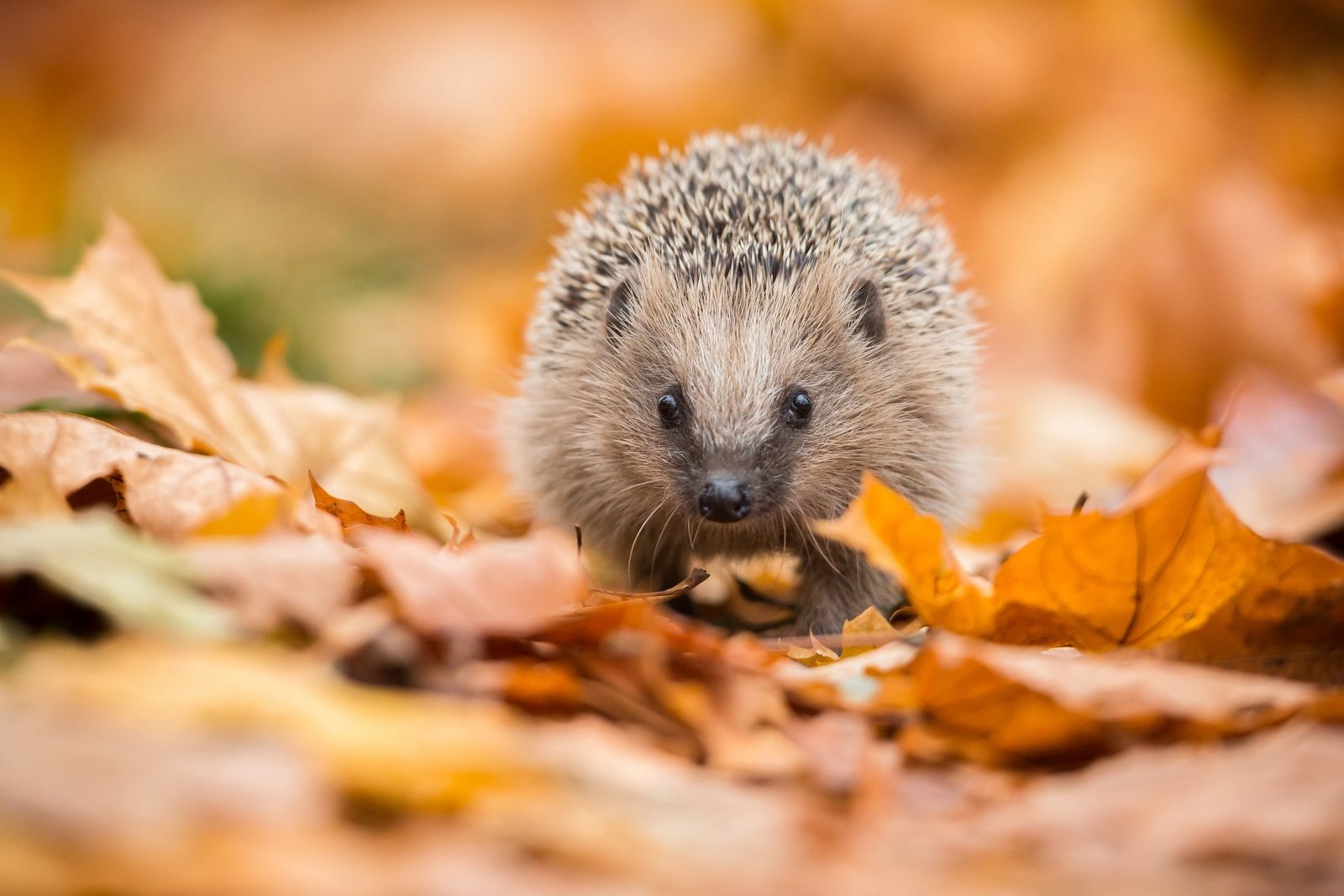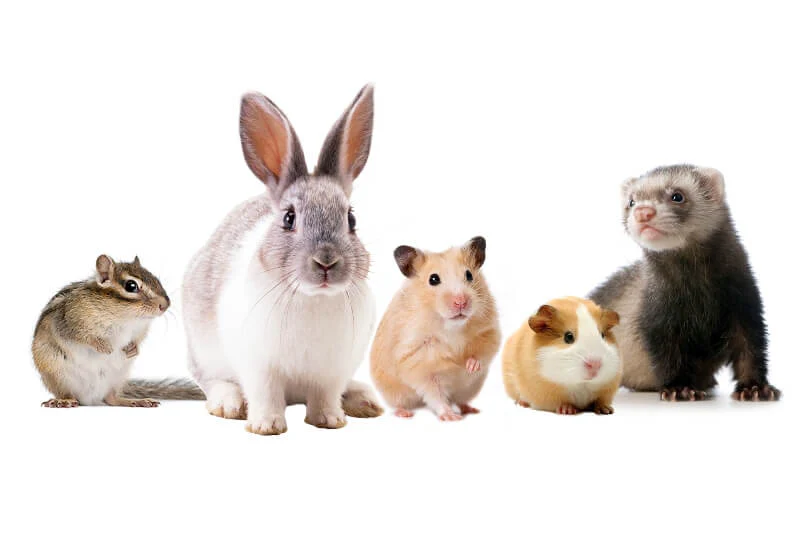
Introduction
Exotic pets bring a world of wonder and uniqueness into a home. Unlike typical cats or dogs, these animals often require specialized care, unique environments, and a deep understanding of their needs. For beginners, choosing an exotic pet can feel overwhelming—but fear not! This guide will help you discover the top 10 exotic pets suitable for first-time owners, with practical advice on care, estimated costs, and key considerations.
Whether you’re drawn to the scaly charm of reptiles, the delicate flutter of amphibians, or the playful antics of small mammals, you’ll find the perfect companion here. Let’s explore each pet’s personality, care routine, costs, and what you should consider before bringing one home.
1. Bearded Dragon
Overview
Bearded dragons are among the most popular reptiles for beginners due to their calm nature and manageable size. They’re friendly, easy to handle, and exhibit fascinating behaviors like “arm waving” and changing beard color.
Care
- Habitat: A 40-75 gallon terrarium with UVB lighting to simulate sunlight, heat lamps for basking (95-110°F), and a cooler side (75-85°F) for temperature regulation.
- Diet: Omnivores – a mix of live insects (crickets, mealworms) and fresh vegetables (collard greens, squash).
- Maintenance: Clean habitat weekly, replace substrate monthly, and provide fresh water daily.
- Social: Generally solitary but tolerant of handling.
Costs
- Initial setup: $200–$500 (tank, lighting, substrate, décor)
- Monthly: ~$20 for food and supplements
- Vet visits as needed
Considerations
- Lifespan: 8-12 years
- Requires UVB lighting for health
- Needs a varied diet for optimal nutrition
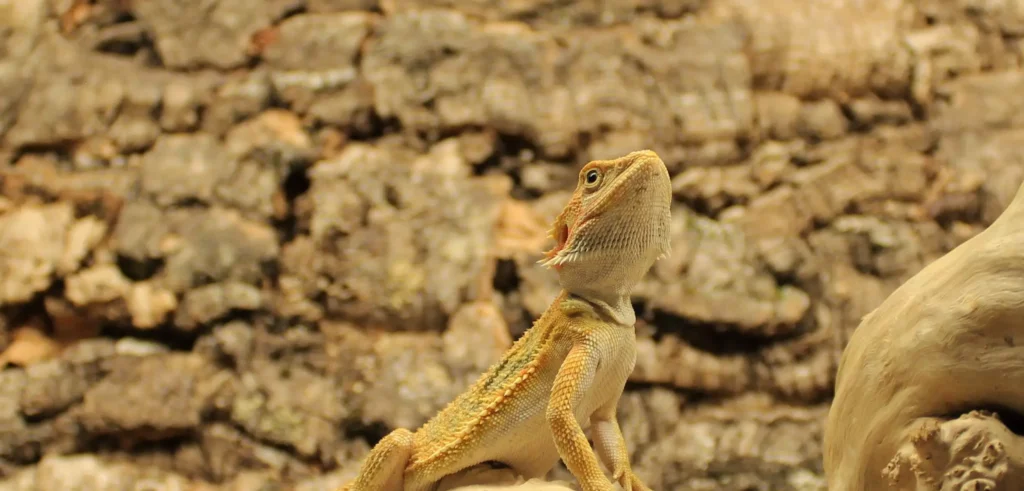
2. African Grey Parrot
Overview
Known for their intelligence and remarkable ability to mimic human speech, African Grey parrots are captivating companions that thrive with social interaction and mental stimulation.
Care
- Housing: Large cage (minimum 24″x24″x36″) with plenty of space for flying and climbing.
- Diet: Pellets, fresh fruits, vegetables, and nuts.
- Enrichment: Toys, puzzles, and social time to prevent boredom.
- Social: Highly social; need daily interaction or can become depressed.
Costs
- Initial cost: $800–$1500 for bird and cage
- Monthly: $50+ for food and toys
- Vet care specialized and sometimes costly
Considerations
- Lifespan: 40-60 years (long commitment!)
- Can be noisy and messy
- Requires significant time and attention
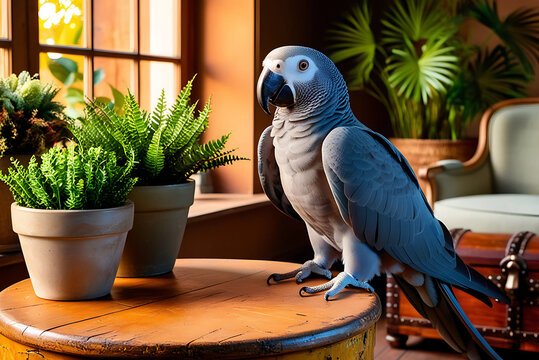
3. Syrian Hamster
Overview
Syrian hamsters are low-maintenance, small mammals perfect for beginners and limited space. They’re nocturnal and enjoy solitary living.
Care
- Habitat: Cage with adequate ventilation, solid floor, bedding, tunnels, and exercise wheel.
- Diet: Commercial hamster pellets, fresh vegetables, occasional treats.
- Maintenance: Clean cage weekly, fresh food and water daily.
- Social: Prefer solitary housing to avoid fighting.
Costs
- Setup: $50–$100 for cage, bedding, and accessories
- Monthly: Minimal, mostly food costs
- Low vet care requirements
Considerations
- Lifespan: 2-3 years
- Active at night (may disturb light sleepers)
- Can be handled gently once tamed
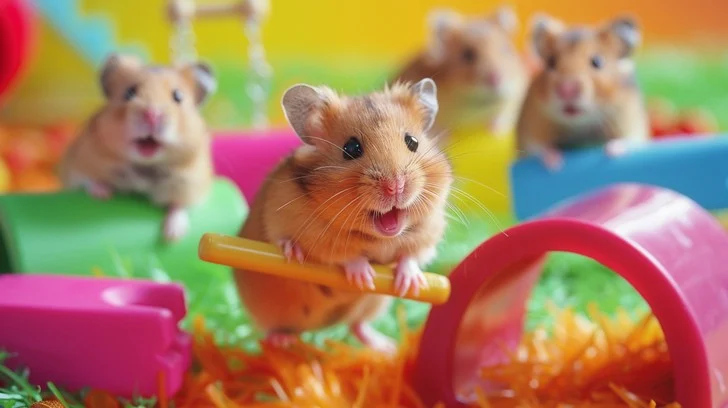
4. Ball Python
Overview
Ball pythons are small, docile snakes popular as first reptiles due to their manageable size and calm temperament.
Care
- Habitat: Secure terrarium with heat pad, hides, humidity control (50-60%), and substrate.
- Diet: Rodents (mice or rats) fed every 1-2 weeks.
- Maintenance: Spot clean regularly; full clean monthly.
- Social: Solitary, no companionship needed.
Costs
- Initial setup: $150–$300 for enclosure and supplies
- Monthly: ~$20 for food and heating
- Occasional vet care
Considerations
- Lifespan: 20-30 years (long commitment)
- Requires careful feeding of live/frozen prey
- Quiet and low odor
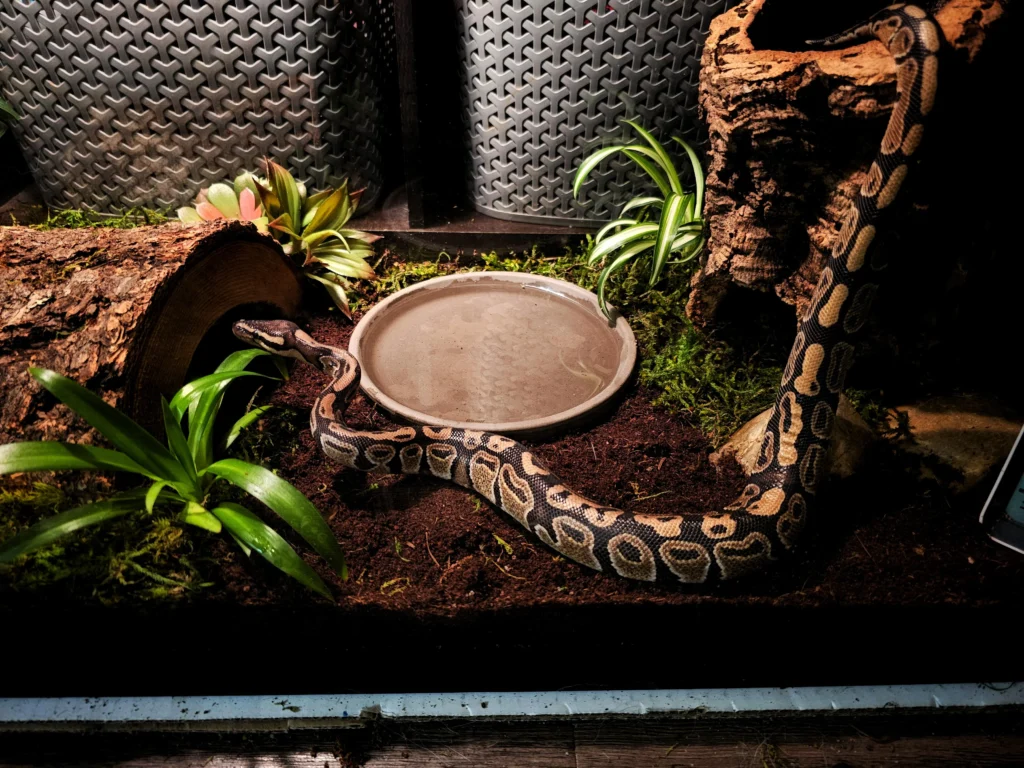
5. Sugar Glider
Overview
Sugar gliders are tiny, nocturnal marsupials that glide using skin flaps between their limbs. They are social, intelligent, and playful.
Care
- Habitat: Tall, large cage with branches for climbing and nesting pouches.
- Diet: Special sugar glider pellets, fresh fruits, vegetables, insects.
- Social: Best kept in pairs or groups for emotional well-being.
- Maintenance: Daily interaction and cage cleaning.
Costs
- Setup: $300–$700 for cage and accessories
- Monthly: $40–$60 for diet and supplements
- Vet care specialized
Considerations
- Lifespan: 10-15 years
- Requires socialization and attention
- Not legal everywhere (check local laws)
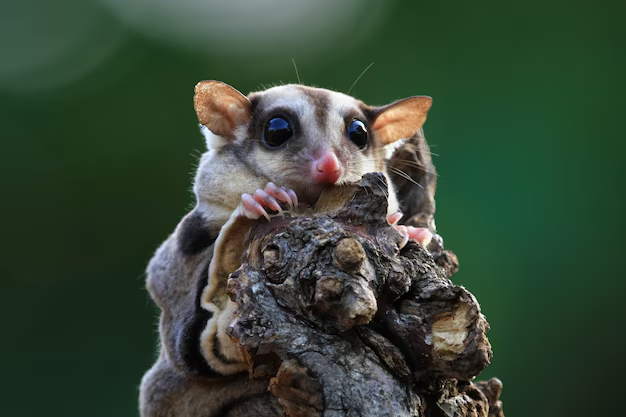
6. Pacman Frog
Overview
Pacman frogs are amphibians known for their large mouth and voracious appetite. They’re sedentary and easy to care for, making them ideal for beginners.
Care
- Habitat: Small terrarium with moist substrate and hiding spots.
- Diet: Insects and small feeder animals.
- Maintenance: Keep substrate moist, spot clean daily.
- Social: Solitary animals.
Costs
- Setup: $50–$150
- Monthly: Low, mostly food
- Minimal vet needs
Considerations
- Lifespan: 5-7 years
- Sedentary, low activity
- Handle with care; sensitive skin
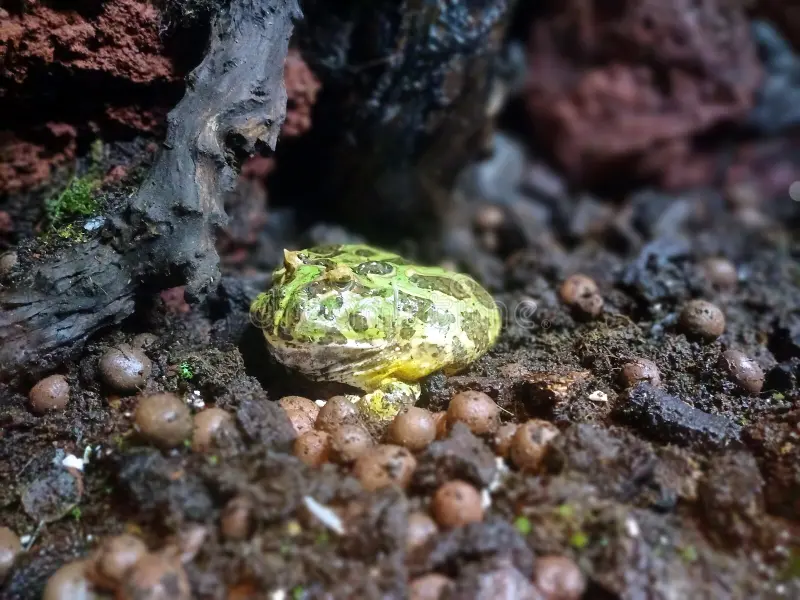
7. Hedgehog
Overview
Hedgehogs are shy, nocturnal mammals with unique spiky coats and gentle personalities.
Care
- Habitat: Cage with hiding spots, running wheel, and bedding.
- Diet: Specialized hedgehog food, insects, occasional fruits.
- Maintenance: Weekly cage cleaning, daily fresh food and water.
- Social: Generally solitary.
Costs
- Setup: $150–$300
- Monthly: $20–$40
- Requires vet care experienced with exotic mammals
Considerations
- Lifespan: 4-7 years
- Can be shy and require gentle socialization
- Some states regulate ownership
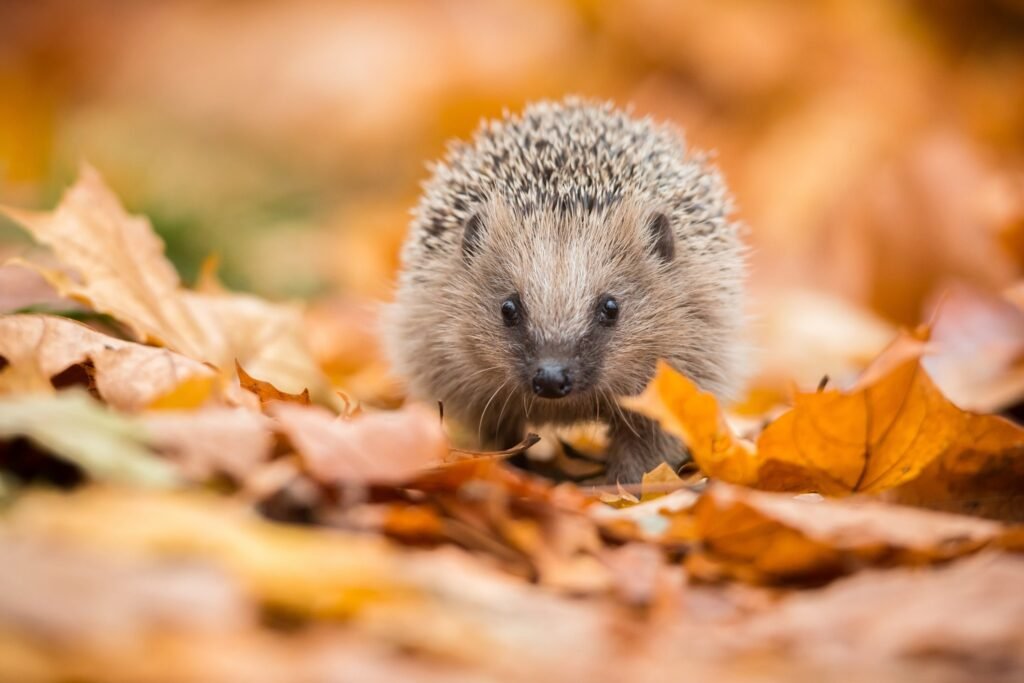
8. Leopard Gecko
Overview
Leopard geckos are small, nocturnal lizards known for their docile nature and striking patterns.
Care
- Habitat: 20-gallon terrarium with heat source, hides, and dry substrate.
- Diet: Crickets, mealworms, and occasional supplements.
- Maintenance: Clean terrarium regularly.
- Social: Prefer solitary housing.
Costs
- Setup: $100–$250
- Monthly: ~$15 for food and supplies
- Occasional vet visits
Considerations
- Lifespan: 10-20 years
- Easy to handle and maintain
- Avoid handling when shedding
9. African Dwarf Frog
Overview
These tiny aquatic frogs are peaceful and easy to care for in a freshwater aquarium.
Care
- Habitat: Small tank with clean, filtered water and aquatic plants.
- Diet: Small live or frozen foods like bloodworms and brine shrimp.
- Maintenance: Weekly water changes and tank cleaning.
- Social: Can live in groups.
Costs
- Setup: $50–$150 for tank and supplies
- Monthly: Low, mostly food
- Minimal vet needs
Considerations
- Lifespan: 5 years
- Sensitive to water quality
- Peaceful community tank inhabitants
10. Dwarf Hamster
Overview
Similar to Syrian hamsters but smaller, dwarf hamsters are quick and active, great for those who want a lively, small pet.
Care
- Habitat: Cage with tunnels, exercise wheel, and bedding.
- Diet: Hamster pellets, seeds, vegetables.
- Maintenance: Weekly cleaning, daily feeding.
- Social: Can be kept alone or in pairs (species dependent).
Costs
- Setup: $50–$100
- Monthly: Minimal food costs
- Low vet needs
Considerations
- Lifespan: 1.5-3 years
- Quick and energetic, need secure cages
- Can be nippy if not socialized properly
Conclusion
Choosing the right exotic pet is a rewarding journey. Each of these animals offers a unique companionship experience but also requires a commitment to proper care and environment.
Before adopting, consider your living space, time availability, budget, and legal restrictions. Proper research and preparation ensure your exotic pet will thrive and bring years of joy.
